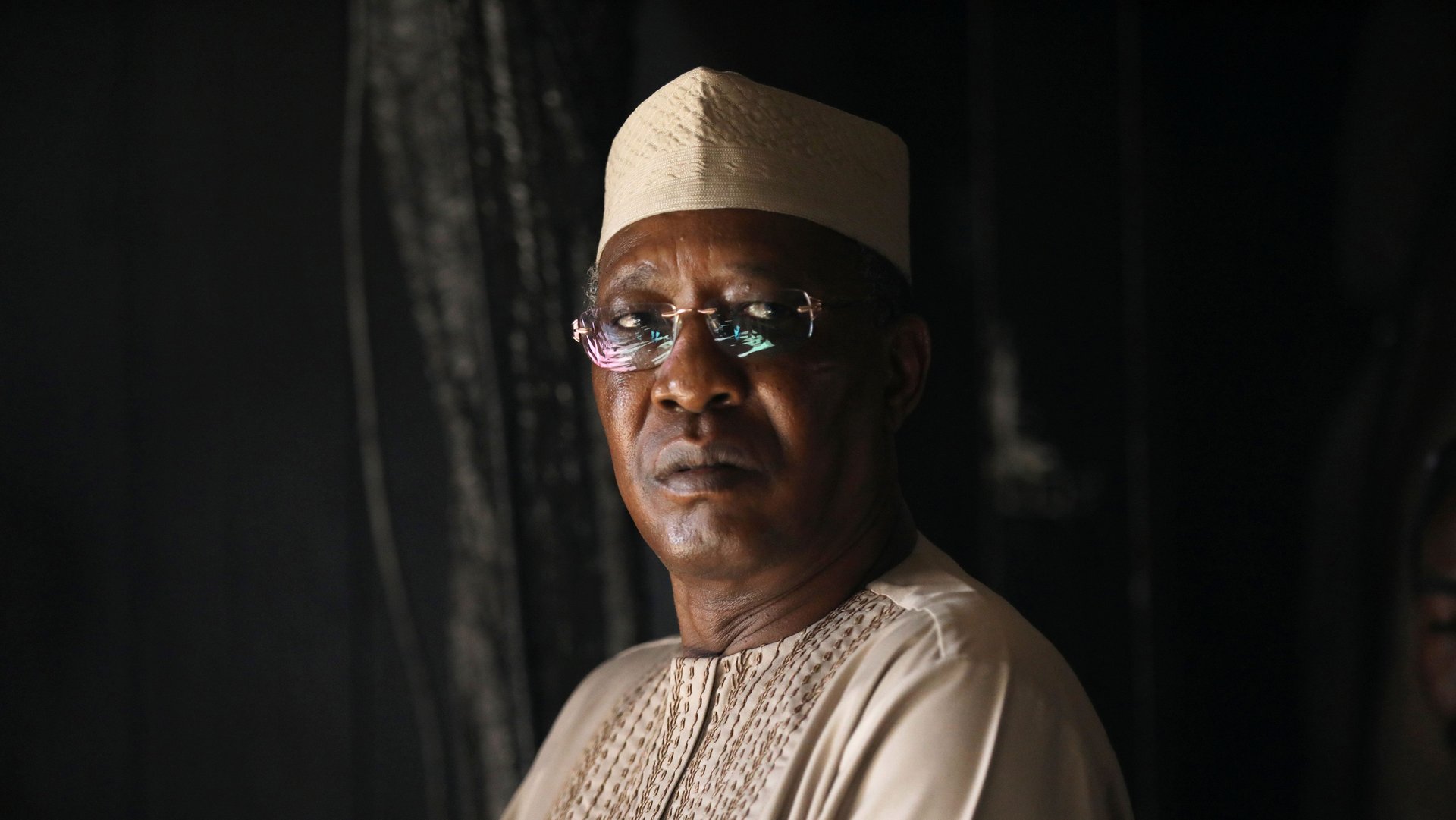Chad Republic has kept social media shut for 300 days and counting
For almost a year now, people across Chad Republic have not been able to access social media networks.


For almost a year now, people across Chad Republic have not been able to access social media networks.
The social media block began on Mar. 28 following a tense political moment when a national conference by politicians and traditional chiefs recommended constitutional changes that would see president Idris Déby rule until 2033. The 66-year-old has presided over the central African state since 1990, with austerity measures and spending cuts leading to national protests and strikes against his regime in recent years.
Chad is one of the world’s poorest countries. A largely semi-desert nation, it is rife with poverty and ranked 186 out of 189 countries in the 2017 United Nations Human Development Index. Chad has a gross national income per capita of $1,920 nearly half the Sub Saharan Africa region at $3,682.
A new global campaign wants to highlight the social media shutdown, deploying both online and offline measures to pressure the government of president Idriss Déby to restore communications. Led by digital advocacy group Internet Sans Frontières (ISF), the initiative requests officials to uphold the rights of users and to stop interrupting the use of platforms including Facebook, Twitter, Viber, and WhatsApp.
The Paris-based group also called on supporters to participate in protests in Paris and N’Djamena and to use the hashtag #Maalla_Gatétou (Chadian Arabic for “Why did you cut off”) to share their experiences. The groups also helped finance [French] the installation of virtual private networks so that activists and journalists could bypass censorship and share their thoughts.
By cutting off social media, activists say officials are depriving more than 400,000 Chadian internet users of expressing their views online. The landlocked state already has low internet penetration and is among the African states with highest internet prices; 1GB of mobile data costs over $13.
A 300-day social media shutdown is sure to be a record for Chad and Africa: for one, it overtakes Cameroon’s 230 days total internet blackout, which lasted between Jan. 2017 and Mar. 2018. Telecommunication companies including Airtel and Tigo have said they blocked messaging apps following orders from regulatory authorities.
The internet disruption in Chad is symptomatic of what’s happening elsewhere in Africa, where governments are cutting connectivity more than anywhere else globally. This January alone, Sudan, Zimbabwe, and DR Congo all shut the internet during anti-government protests and tense, competitive polls. And though there are fewer shutdowns than before, governments are getting increasingly specific by targeting social media networks and not entire internet infrastructures, which are vital to economic growth.
Since the kick-off OF the six-month campaign on Saturday (Jan. 19), Julie Owono, the executive director of ISF, says there might have been increased throttling in Chad, with users finding it difficult to send videos. Officials also didn’t grant authorization for activists to demonstrate in N’Djamena. And as the cut-off continues, ordinary citizens say their business and lives are getting hurt, with one activist noting that “the world has become a village from which Chadians are excluded.”
Sign up to the Quartz Africa Weekly Brief here for news and analysis on African business, tech and innovation in your inbox